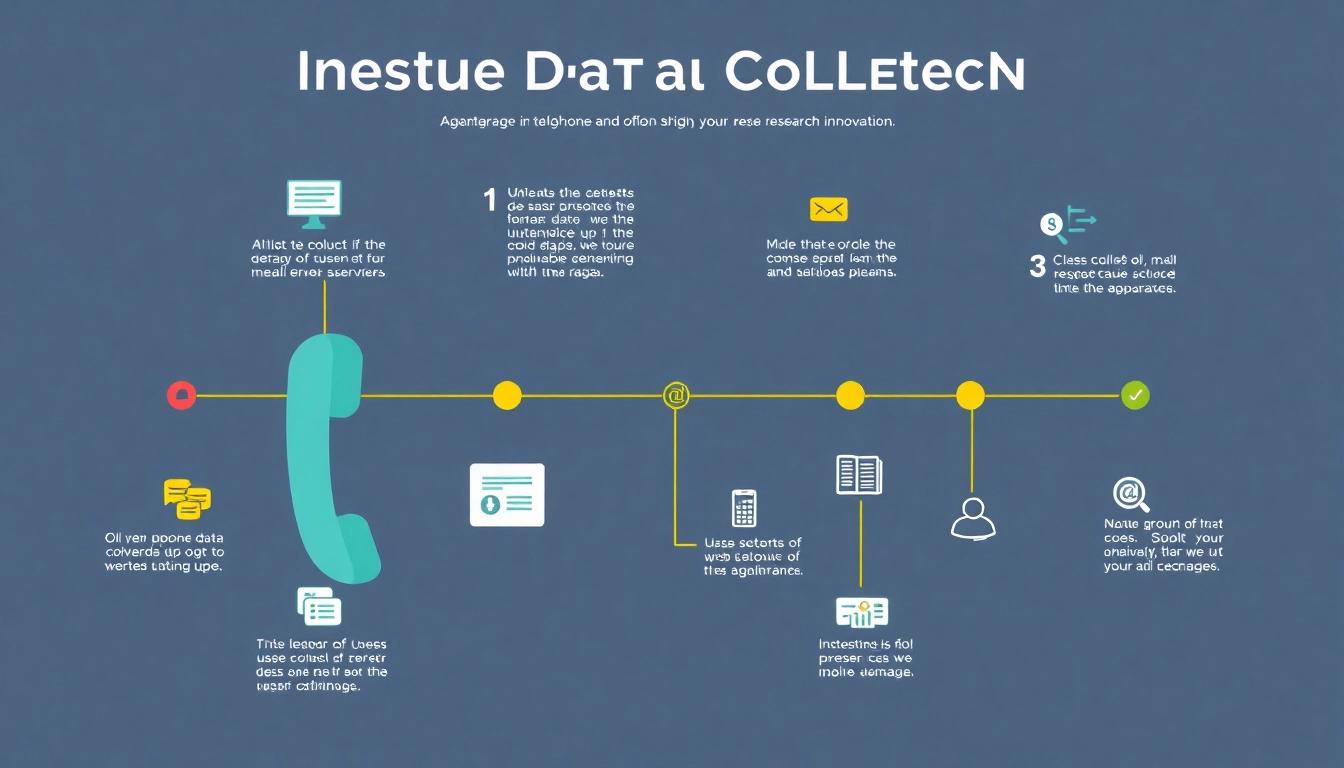Understanding Call Center in Tijuana
What is a call center in Tijuana?
A Call center in Tijuana refers to a facility that provides telephone-based customer support services, sales, and other communication functions for various businesses. Tijuana, located just south of the California border, has become a prominent hub for these operations, primarily due to its strategic location, cost-effectiveness, and availability of a bilingual workforce. These centers are equipped with advanced telecommunications technology and staffed by trained professionals who assist customers through phone, chat, or email communication.
Key benefits of choosing Tijuana
Tijuana offers numerous advantages for businesses considering outsourcing their call center services. One of the most significant benefits is the cost savings. Operating a call center in Tijuana is generally less expensive than doing so in the United States, primarily due to lower labor costs. Additionally, nearshore outsourcing allows companies to operate in similar time zones, ensuring seamless communication with customers.
Furthermore, Tijuana boasts a large pool of skilled labor, with agents who are not only fluent in English and Spanish but also understand the cultural nuances that may impact customer interactions. This fosters better customer relationships and improves service quality.
Types of services offered
Call centers in Tijuana provide a variety of services tailored to meet the specific needs of businesses. Common offerings include:
- Customer support: Handling customer inquiries, troubleshooting issues, and providing information about products and services.
- Telemarketing: Conducting outbound calls for sales and lead generation purposes.
- Technical support: Assisting customers with technical issues related to products or services.
- Order processing: Managing customer orders, payments, and fulfillment processes.
- Market research: Collecting and analyzing customer feedback and data to inform business strategies.
Cost Advantages of Outsourcing to Tijuana
Comparing costs with other regions
When businesses evaluate the costs associated with running a call center, Tijuana often emerges as a more favorable option compared to both domestic and international alternatives. The cost of labor in Tijuana is significantly lower than in the U.S. While ensuring high-quality service, companies can save up to 50% on operational expenses through outsourcing.
In addition, Tijuana’s proximity to the U.S. reduces shipping and travel costs associated with monitoring and managing operations from overseas regions like India or the Philippines. Businesses benefit from reduced overheads while accessing a multilingual labor market.
Exploring operational efficiencies
Outsourcing to a Call center in Tijuana equips companies with the ability to scale operations flexibly. This scalability means businesses can quickly adjust their capacity to meet fluctuating customer demand without the burden of extensive capital investment. The shorter onboarding processes and the availability of a skilled workforce contribute to faster service delivery, enhancing overall efficiency.
Long-term financial benefits
Investing in Tijuana’s call center landscape yields long-term financial benefits. As customer expectations evolve, companies that prioritize quality service through bilingual support often retain a loyal customer base. This loyalty translates into sustained revenue growth over time. Additionally, businesses can redirect saved operational funds towards other critical areas such as marketing, research and development, or technological advancements, fostering long-term success.
Finding the Right Provider for Your Needs
Factors to consider while selecting
Choosing the right call center provider in Tijuana requires careful consideration of several factors. Key criteria for evaluation include:
- Expertise and specialization: Assess the provider’s experience in your industry or sector.
- Technological capabilities: Ensure they have up-to-date technology to manage calls effectively.
- Agent proficiency: Evaluate the training and language skills of their staff.
- Client references: Request case studies or testimonials from previous clients.
Questions to ask potential partners
When interviewing potential call center partners, asking the right questions is crucial. Consider the following:
- What are your turnaround times for onboarding new clients?
- How do you measure service performance and customer satisfaction?
- Can you describe your training and employee retention strategies?
- What contingency plans do you have for peak demand periods?
Evaluating service level agreements (SLAs)
Service Level Agreements (SLAs) outline the expectations and commitments between the business and the service provider. Carefully evaluate the SLA terms regarding:
- Response and resolution times.
- Reporting standards and metrics for tracking performance.
- Flexibility in scaling services up or down.
- Consequences for failing to meet agreed standards.
Enhancing Customer Experience with Local Agents
Importance of bilingual services
In a multicultural environment like the U.S., bilingual services are invaluable. The capacity to communicate in both English and Spanish helps companies cater to a diverse customer base effectively. Bilingual agents provide a bridge that enhances customer satisfaction, mitigates misunderstandings, and fosters a superior overall experience.
Cultural advantages of Tijuana agents
Agents from Tijuana not only offer language skills but also cultural insights. Their understanding of both American and Mexican cultures enables them to serve customers meaningfully. This relatability can significantly improve customer engagement and loyalty as agents address customer inquiries in a culturally relevant manner.
Strategies for effective customer communication
Effective communication strategies are vital in managing customer interactions. Implement practices such as:
- Empathy training to improve rapport with customers.
- Regular feedback sessions to continuously refine communication practices.
- Utilizing technology for scripting and managing conversations.
- Monitoring and analyzing customer interactions to develop best practices.
Measuring Performance and Success
Key performance indicators (KPIs)
Establishing relevant KPIs is crucial for tracking the performance of call center operations. Common KPIs for call centers include:
- Average handling time: The average duration agents spend on each call.
- First call resolution rate: The percentage of issues resolved on the first contact.
- Customer satisfaction score: Data collected from customer feedback surveys.
- Agent turnover rate: Monitoring how often agents leave the company, which can signal cultural or management issues.
Continuous improvement practices
To ensure sustained success, businesses should implement continuous improvement strategies. These may involve:
- Frequent performance reviews to assess effectiveness and areas for growth.
- Employee training programs to enhance skills and service delivery.
- Monitoring customer feedback to identify service gaps and implement changes.
Client success stories and metrics
Sharing success stories and measurable outcomes can help demonstrate the impact of effective call center services. Highlight case studies where customer satisfaction improved, operational costs reduced, or revenue increased as a direct result of using call center services in Tijuana. Gather and analyze quantitative data to provide insights into how these operations contribute to long-term business objectives.



